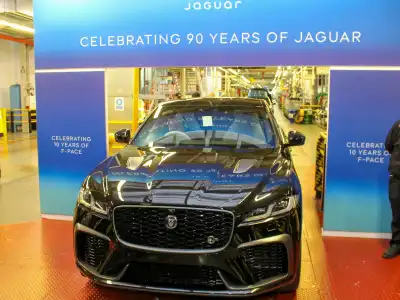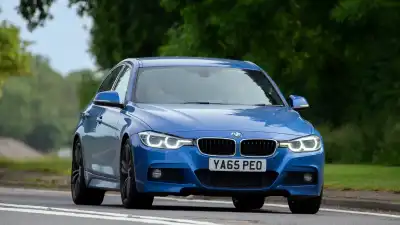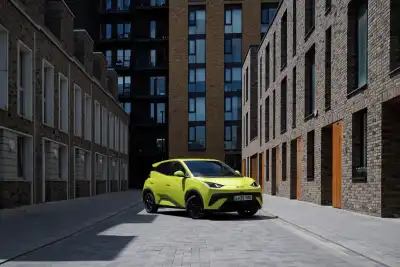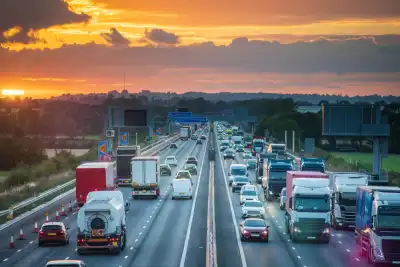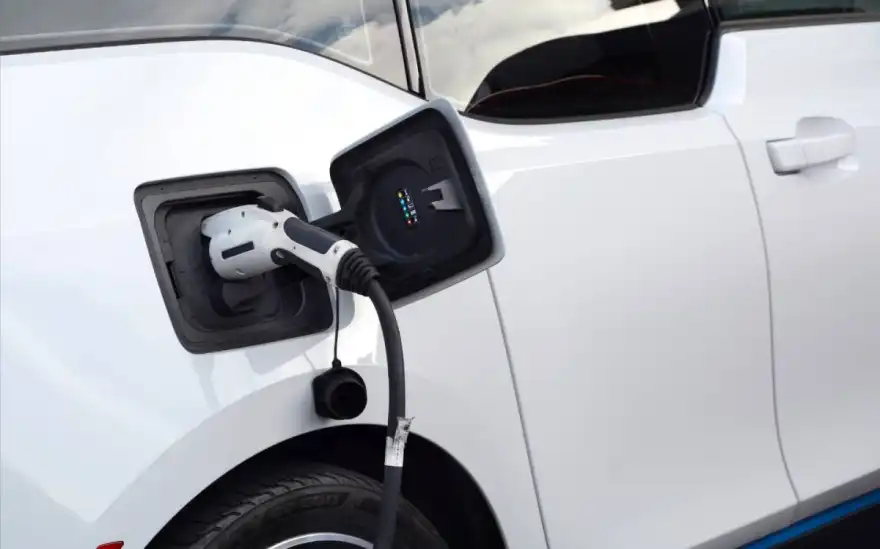
So Boris has confirmed that the government will be bringing forward the ban on new petrol and diesel vehicle sales to 2030. The cut-off date was originally set at 2040, then brought to 2035, before finally being cemented at 2030. This is already a widely criticised decision which is part of Johnson’s 10-point plan to tackle climate change and, understandably, it has got a lot of motorists scratching their heads.
First of all, we should make it absolutely clear that nobody will be coming to take your petrol or diesel vehicle off you at midnight on New Year’s Eve in 2029. A recurring complaint on social media is that some people might not want to change their vehicle then, which is fine. The ban is simply on the sale of brand new cars powered solely by petrol or diesel engines.
That word ‘solely’ is relevant too. The new legislation is only going to apply to vehicles powered exclusively by an internal combustion engine, so petrol and diesel hybrid vehicles which feature a self-contained electric motor within the powertrain will still be sold. These hybrids have been gifted a less stringent cut-off date of 2035.
‘How will the national Grid cope?’ we hear you ask. Well, thankfully we have 9 years to implement a sustainable infrastructure for electric vehicles and electric vehicle charging. The practicality concerns from people living in blocks of flats or in terraced houses with on-street parking won’t be ignored. £500 million of government funding is due to be rolled out from 2021 to help kick-start the expansion of electric vehicle charging and it’s likely that the infrastructure itself is going to inspire innovation and create jobs over the next decade.
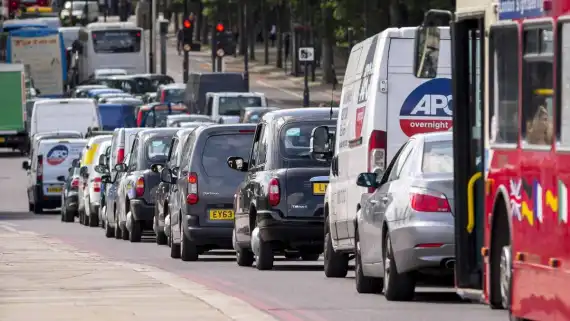
There has been push-back from certain manufacturers. Honda has said that the timeframe provided is “too narrow”.
They added; “there are technological and resource constraints that will be more difficult to overcome and which mean that battery-electric cannot replace internal combustion engines in all segments”.
As of this moment, 1 in every 4 cars sold in the UK contains some form of hybrid technology within the powertrain, so the population has been organically adopting sustainably powered vehicles before this deadline was announced, but now buyers will have no choice once the 2030 deadline passes.
What does this mean for car buyers right now, though?
Well, first of all, it’s worth pointing out that 2030 is still 10 years away. The SMMT recorded in 2015 that the average age of a vehicle on the road in the UK is 7.8 years old. So there is no real need for any knee jerk decision making.
Secondly, we should calm any nerves about the re-sale value of your next car. ‘If I buy a petrol or diesel car now, will it be worth nothing when it comes to re-sale after the 2030 deadline?’ No. Your car can still be re-sold after the 2030 deadline as it will not be a ‘new car sale’ and therefore it will not fall short of any legislation. The vast majority of people buying their next car in the near future will not be keeping it until beyond the 2030 deadline anyway so there is quite literally nothing to worry about.
Lastly, could this actually be the best time to buy a car? It’s likely that other countries will follow our lead and introduce similarly stringent rules on new car sales. This is going to force manufacturers to ramp up their research and development into electric vehicles as they cannot afford to miss out on large markets across the world. Coming off the back of the pandemic, while annual car sales are near rock-bottom, dealers are keener than ever before to shift their stock. Incredible deals and discounts are available as manufacturers are desperately trying to bump their figures for what has been a horrendous year for the industry. Nobody is forcing you to buy a petrol or diesel car just yet, so you might be better off looking for your next car while you have the entire marketplace to choose from...

